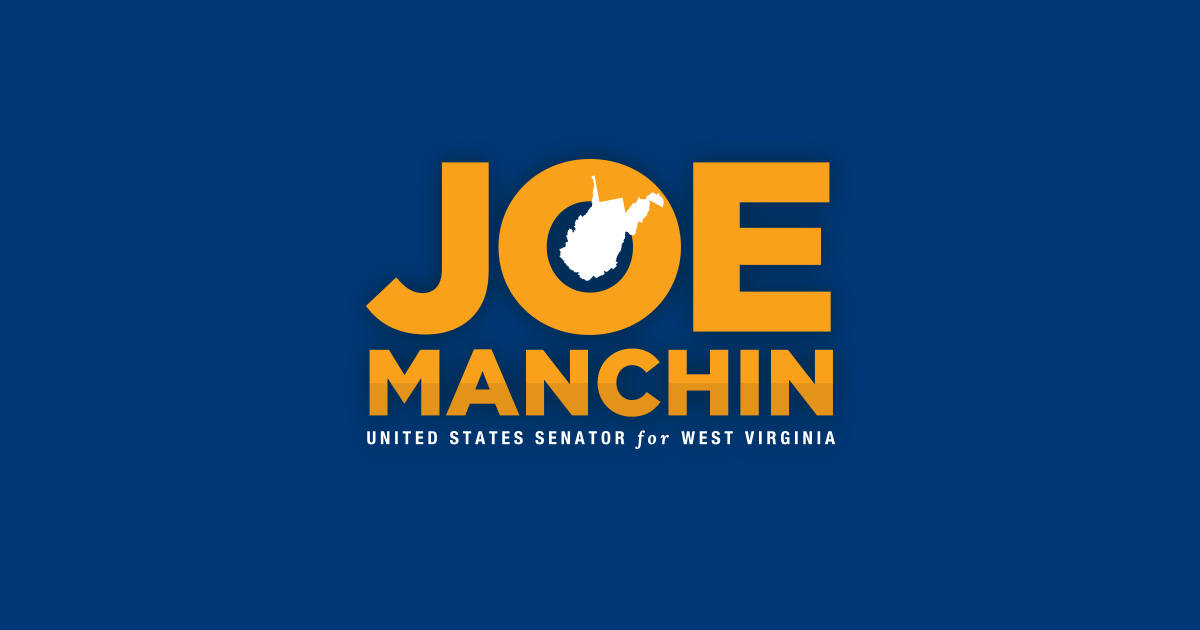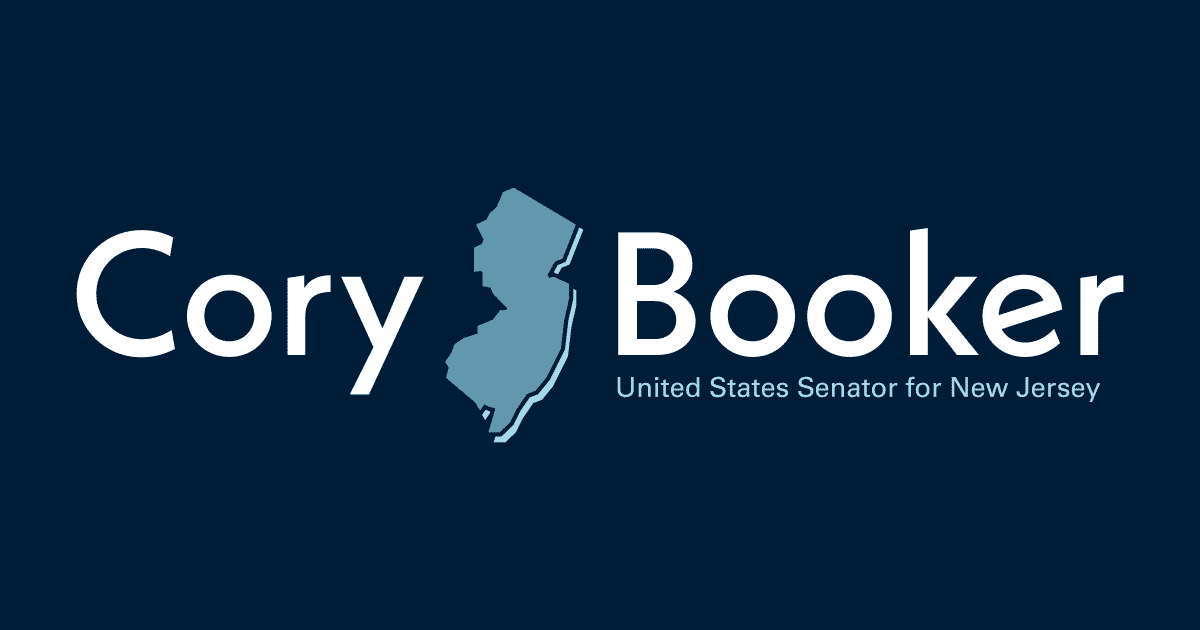Source: United States Senator for West Virginia Joe Manchin
Legislation would combat CCP unfair trade practices, protect American workers
Washington, DC – Today, U.S. Senator Joe Manchin (D-WV) reintroduced the bipartisan, bicameral Leveling the Playing Field Act to strengthen U.S. trade remedy laws and ensure they remain effective tools to combat unfair trade practices and protect American workers. The legislation would improve the effectiveness of the U.S. trade remedy system in responding to repeat offenders and serial cheaters, helping to level the playing field for American workers. Additionally, the bill addresses existing problems with the U.S. response to the Chinese Communist Party’s (CCP) predatory economic behavior.
“When West Virginia competes, West Virginia wins – we just need a fair and level playing field,” said Senator Manchin “I’m proud to reintroduce this bipartisan, bicameral legislation to fight back against unfair trade practices from countries like China and protect manufacturers and workers in West Virginia and across the country. Our bill would strengthen U.S. trade remedy laws to ensure the Commerce Department can swiftly and effectively block the predatory economic behavior that is hurting our domestic manufacturing industries, especially steel. I will continue working with my colleagues on both sides of the aisle to get this commonsense legislation across the finish line.”
The CCP’s predatory economic behavior predominantly takes two forms: the dumping of undervalued products and the subsidization of industry. Roughly half of the investigated cases are in the steel industry, and other affected industries include engines, hardwood plywood, solar panels, pipes and tubes and other industrial and manufacturing products.
Three problems exist with the current U.S. system to respond to the CCP’s violations of free trade rules. First, the CCP circumvents U.S. trade remedies. Second, with the expansion of its Belt and Road Initiative, the CCP is beginning to subsidize production in countries outside of China and the Commerce Department only considers subsidies from the government of the country in which production takes place. Third, the delayed response to the CCP’s circumvention of U.S. trade remedies harms American companies and workers, leading to layoffs and facility closures.
The bill addresses the existing problems with the U.S. response to the CCP’s predatory economic behavior by providing the Commerce Department with the following tools to stop circumvention tactics:
- A new type of AD/CVD investigation with an expedited timeline, called a successive investigation, to make it easier for petitioners to bring new cases when production moves to another country.
- The introduction of new factors for ITC to consider about the relationship between recently completed cases and successive cases for the same imported product.
- Authority to apply CVD law to subsidies provided by a government to a company operating in a different country.
- Statutory requirements for anti-circumvention inquiries to clarify the process and timeline.
- Specified deadlines for preliminary and final determinations.
Senator Manchin was joined by Senators Sherrod Brown (D-OH), Todd Young (R-IN), Amy Klobuchar (D-MN), Mike Braun (R-IN), Tammy Baldwin (D-WI), Tommy Tuberville (R-AL), John Fetterman (D-PA), Tom Cotton (R-AR), Bob Casey (D-PA), Shelley Moore Capito (R-WV), J.D. Vance (R-OH) and Tina Smith (D-MN). A companion bill in the U.S. House of Representatives was introduced by Reps. Terri Sewell (D-AL), Bill Johnson (R-OH), Frank Mrvan (D-IN) and Van Duyne (R-TX).
The full text of the legislation is available here.






